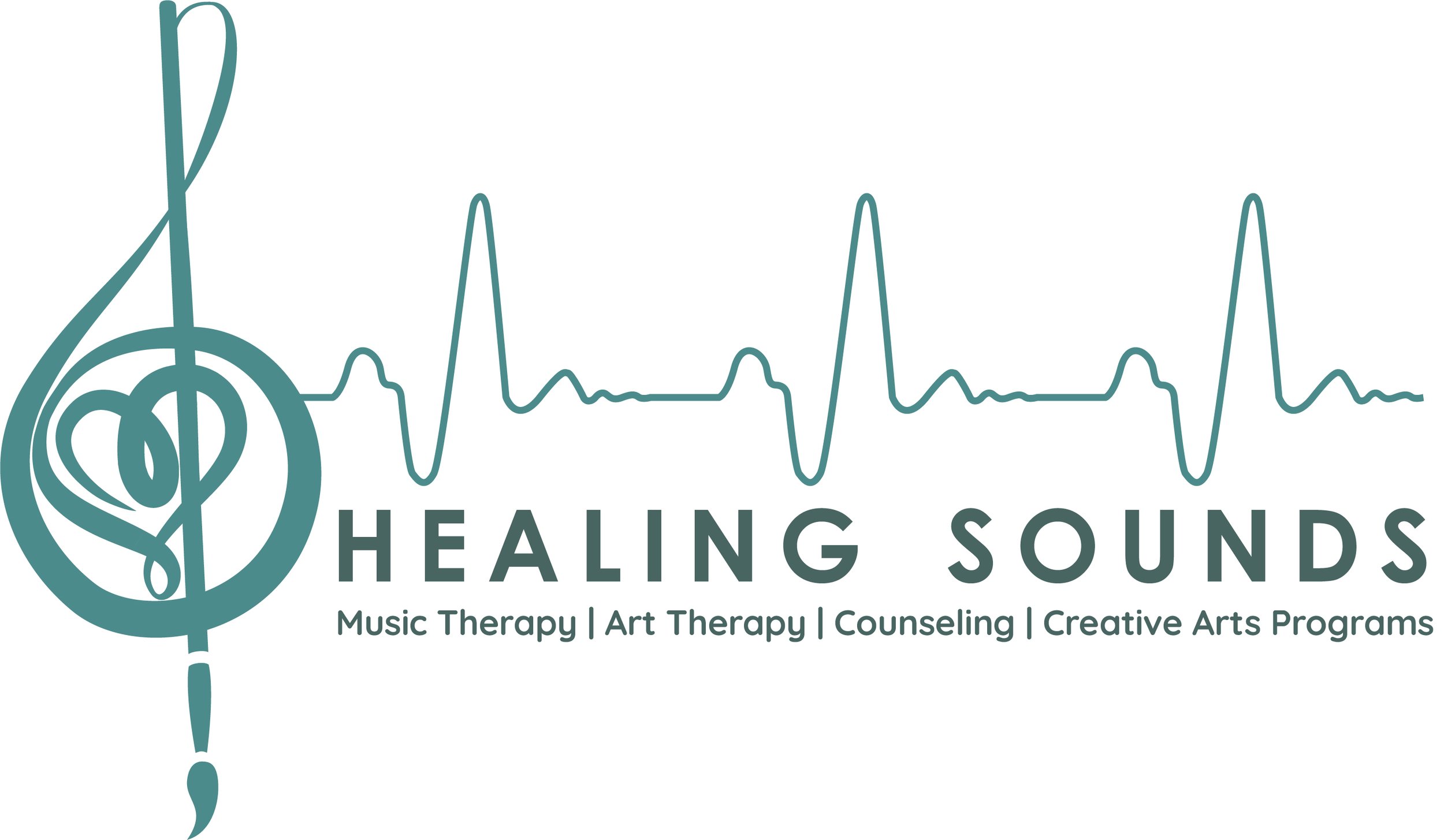How to Get the Most Out of Therapy
All therapy clients started as first time therapy clients at one point. Unfortunately we get many clients that had a terrible first (second or third) experience in therapy. We want to make therapy a successful experience. Just like when you start any hobby, class or skill, getting used to the routine of therapy takes time. This guide will support you in how to make the most out of your commitment to therapy.
Choose a therapist that aligns with your values. Although many therapists are full, we are at a point in time that therapy is welcomed and valued by many people. There are many different kinds of therapists that specialize in different areas of psychotherapy, substance abuse, expressive therapies, families and approaches to therapy. Sometimes the choice can be overwhelming. We advise that you consider your values, culture, and identity when choosing a therapist. For example if you know you want a therapist that wears jeans, utilizes art and is a gentle soul, that is going to be a different therapist than one in a sterile doctor’s office.
Know your goals and expectations. One of the first questions you will be approached with is ‘what brings you to therapy?’ So, it is important to have some goals for therapy or at least an outline of what you want to accomplish. Daydream about what your life would be like if you accomplished the goal and share that with your therapist. Also be aware of your expectations of therapy. Do you think your goals should be accomplished in 3 sessions? Share this with your therapist so that they can hear you and ground your expectations in truth. This is part of the work.
Focus on you. Therapy can be a place to share the events of your week and to explore behaviors and feelings related to that. It can also be a place to go deeper into the work so that you can live the life you desire. This may mean shifting your focus to the things within yourself that you can control, improve, or shift, and away from people in your life. Therapy does not have to be the classic picture of a client laying on a couch sharing their entire life story with a therapist that tracks everything on paper. Therapy can and should be so much more than this.
Be willing to go outside of your comfort zone. We believe that therapy is an opportunity to express yourself in unique ways, to try experiencing life differently and to create a life worth living. Our creative solutions to traditional therapy combine expressive arts of music and art with trauma-informed approaches like Eye Movement Desensitization and Reprocessing (EMDR). Doing and experiencing trumps talking, and creative therapies provide that opportunity.
Do your homework. Therapy is one hour of your week. Therapy requires that you do most of the work outside of the session. It can be helpful to take time before each session to reflect on your week, prepare your intention or focus of the session, and connect back to the last session. Sometimes therapists give homework of reading or writing something, sometimes it is more reflective or process oriented.
Give it time and attend consistently. Just because you attended therapy one, two or three times and you haven’t seen a change yet, does not mean you should quit or ghost your therapist. Three sessions at a weekly frequency at minimum are needed to determine if the relationship is the right fit for you. If you have concerns about frequency or outcomes in therapy, please talk to your therapist. If you choose that the fit is not right for the current therapist, provide closure prior to the next session by contacting the therapist, or provide a discharge session for closure.
Trust the process. In life you will have times of wild success, times of heartbreak and times of healing. It is the same in the therapeutic process. It will not all be easy or fun (but some of it should be!). Your therapist will validate and support your experiences within the session and guide you towards achieving your goals.
We hope this list will help you in making the most out of your therapy experience. If you have questions, please ask your therapist!

